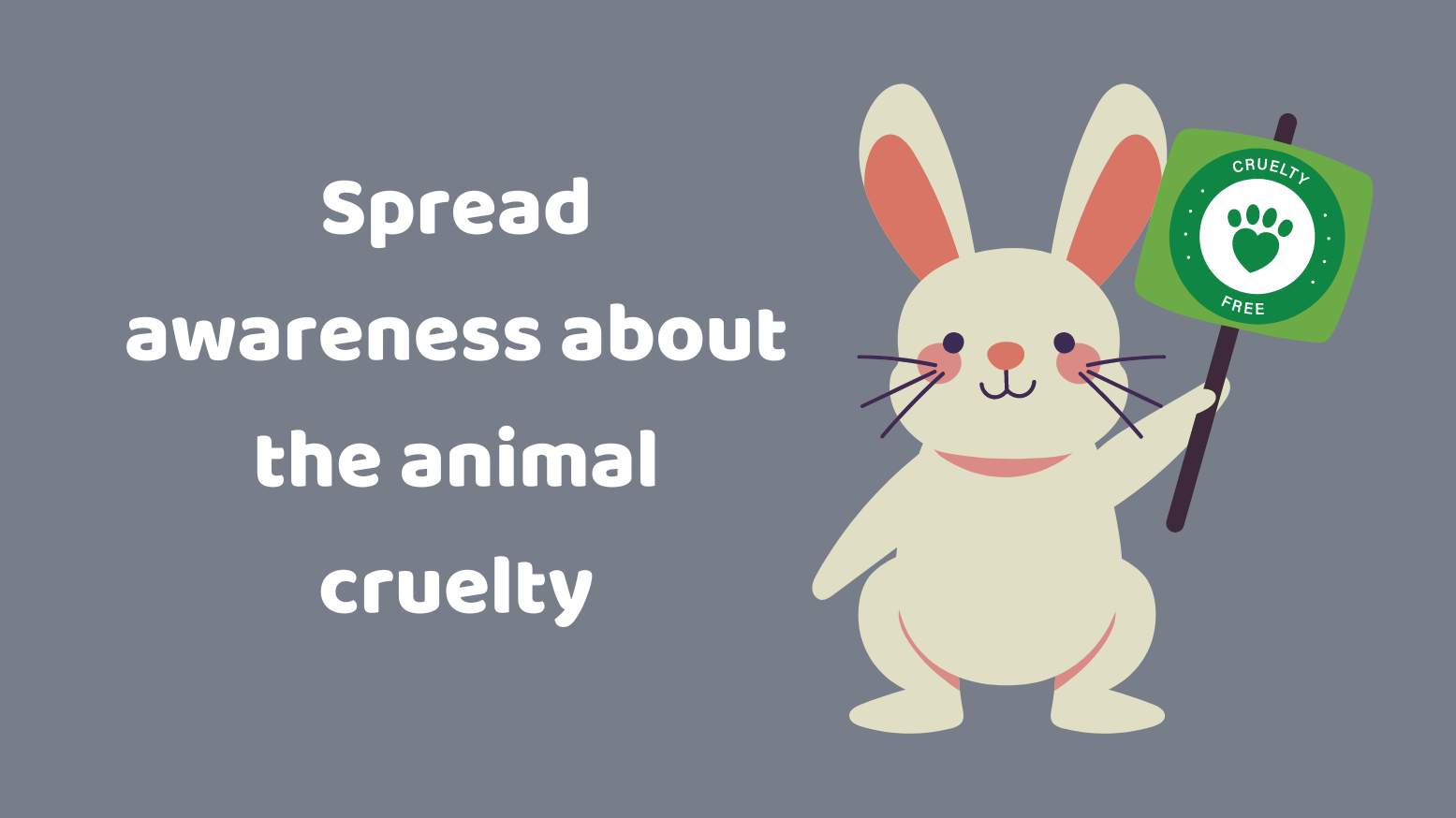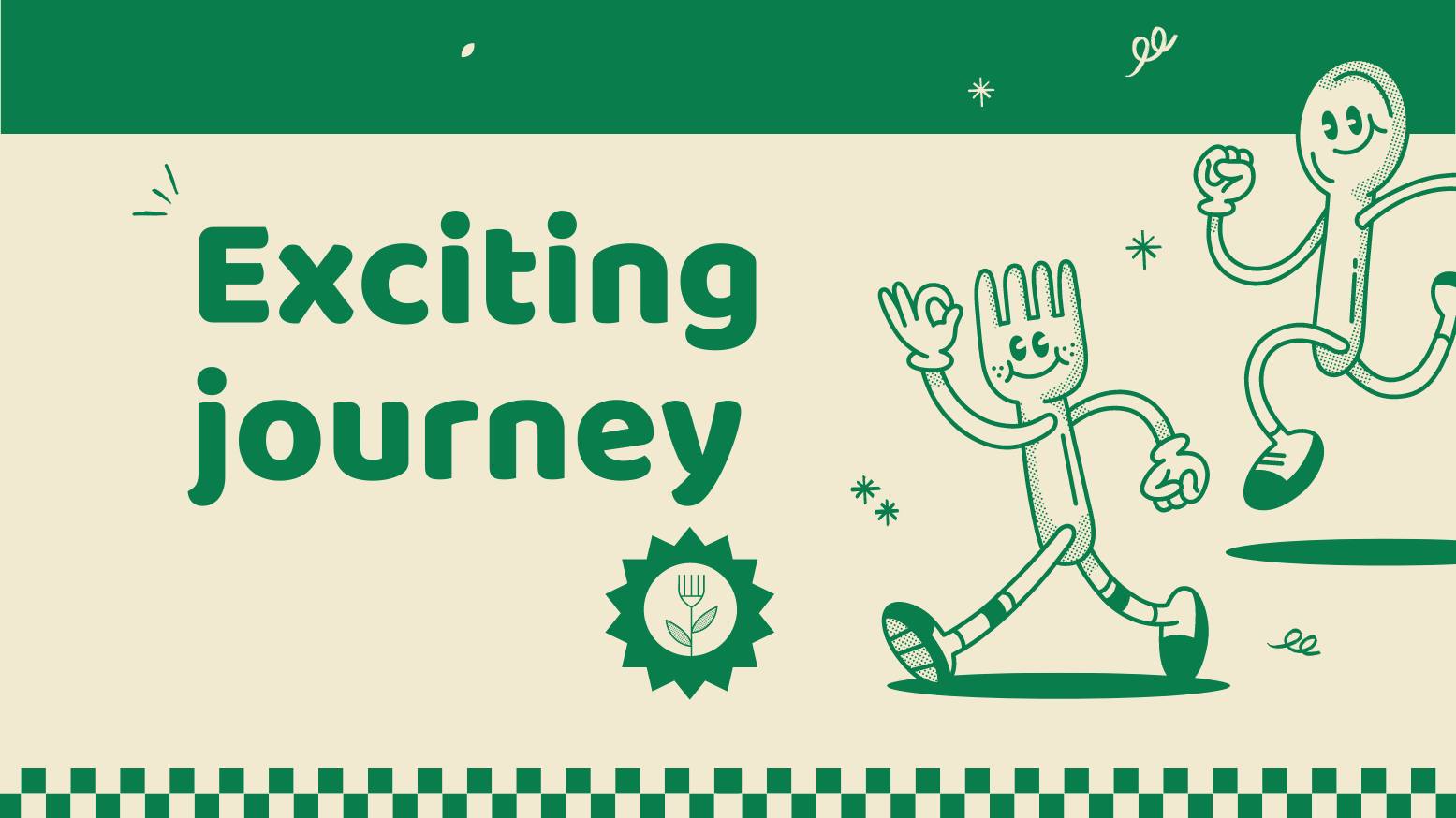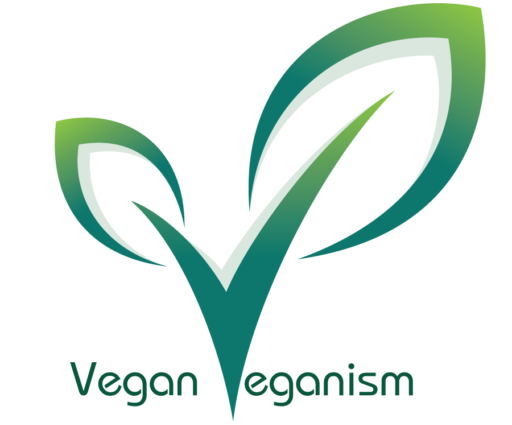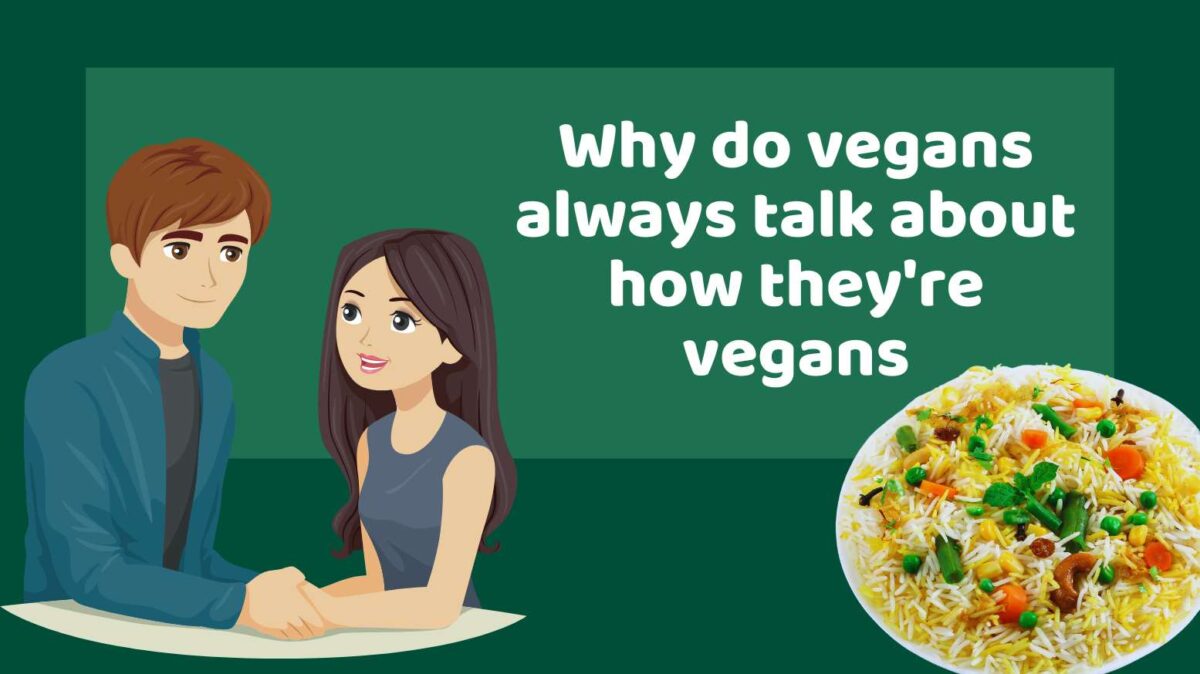Vegans follow a unique philosophy in which they refuse to use leather or fur from animals and do not eat animals or their byproducts. Veganism may be popular due to its potential health benefits, but for many people, its main driving force is the welfare of helpless animals that are unable to speak for themselves.
It’s not unusual for some people to have had unpleasant experiences with vegans, such as being treated rudely or with pushiness regarding their dietary preferences. But by giving their point of view some thought, one can gain a deeper comprehension of the foundations of their deeply held convictions.
Even if there have been times when they have miscommunicated, their decision to become vegans is mostly motivated by their desire to protect animal welfare. Here are some major explanations why do vegans always talk about how they’re vegans:
To spread awareness about the animal cruelty.

Vegans are outspoken supporters of eliminating and raising awareness of animal abuse. Their outspoken position is a sincere attempt to educate people about the suffering that slaughterhouses and well-known companies inflict upon innocent people.
By disseminating this knowledge, they hope to inspire more people to abstain from purchasing animal products, which will help to safeguard these defenseless creatures.
To have more people stand up for animals by converting them into vegans.
Their main goal in speaking up for animals is to encourage more people to adopt a vegan lifestyle to defend animals. Vegans feel that the more individuals who are interested in animal advocacy, the more likely it is that animals will be spared needless suffering.
They see strength in numbers. It’s not about forcing their opinions on others; rather, it’s about encouraging a group effort to get people they care about involved in actively promoting the welfare of voiceless animals.
It is an exciting journey.

Starting a vegan diet is an exciting adventure, and one of the main reasons vegans are happy to share their experiences with others around them is because of this excitement.
Even though adopting a vegan diet won’t be easy, there won’t be much of a learning curve—the exciting part is in the little changes. Vegans like experimenting with and developing new dishes that fit their recently adopted lifestyle.
Finding and sharing information about other brands that sell vegan items is part of the excitement. This goes beyond clothing and food to encompass cosmetics as well.
Talks about veganism are not only informational; they are a genuine expression of the excitement that comes with this life-changing experience. A vegan’s excitement is a sign of their closeness and trust in you, since they only express it to people who are important to them.
They are proud of being a vegan
Veganism is a badge of honor for people who are dedicated to speaking up for the voiceless. They actively change their habits to lessen animal suffering, going above and beyond simply speaking out in favor of animals. Vegans understand that to have a significant influence, concrete acts must be taken in addition to words and protests.
This belief prompts people to refrain from eating meat, as well as from wearing leather or fur, eating dairy products, and eating honey, considering it to be theft. They highlight the availability of substitute items as proof that it is possible to avoid using animal slaughter for traditional products.
Their commitment to living by their moral convictions and significantly improving the lives of animals is the source of their pride in being vegan.
Vegans’ frequent conversations about their lifestyle demonstrate a strong dedication to supporting moral behavior, standing up for animals, and maintaining a sustainable environment. Vegans hope to clarify misinformation, increase awareness, and inspire people to think about the significant influence their dietary choices have on the environment and animal welfare by sharing their experiences and insights. The discussions act as a spark for good, encouraging people to join the movement towards a more compassionate and environmentally conscious world and promoting a deeper knowledge of the principles underlying the vegan lifestyle.
You may also like:
Why are you not vegan If you are a vegetarian
How can I convince my roommates not to cook non-vegetarian food in the house
FAQs
1. Why do vegans talk about being vegan?
While it’s not the sole reason to go vegan, for many people it continues to be the primary driver behind their decision to adopt and maintain a vegan diet. Part of the explanation behind this could be our emotional relationship with animals, but many people also think that all sentient beings have a right to life and freedom.
2. Why are they pushing veganism?
A lot of young people believe they have no place in a system that takes advantage of other species. As a matter of fact, according to the Kellogg’s survey that we stated at the beginning of this piece, one-third of vegans make this decision.
3. Why do vegans care so much about animals?
You can guarantee that fewer animals are bred to suffer and die on farms and in slaughterhouses by refusing to pay for animal products. This also lowers the demand for them.
4. Why are vegans so happy?
Vegans can live with clarity and peace of mind, knowing that they are saving animals from horrible pain, saving the environment, and improving their health.
5. Has veganism made a difference?
According to the study, eating a vegan diet also reduces water use by 54% and habitat devastation by 66%.
6. Do vegans save animals?
If going vegan can make that much of a difference in a day, just think of all the animals that can be rescued by following a vegan diet every month, every year, or for a lifetime.
7. Is vegan a lot healthier than vegetarian?
Both plant-based diets are beneficial to health, although vegetarianism provides more food selections high in protein than veganism, as well as sources of calcium and vitamin D.

